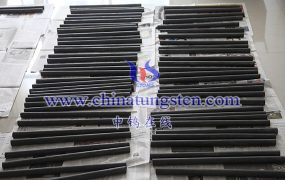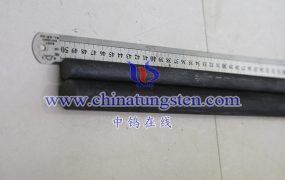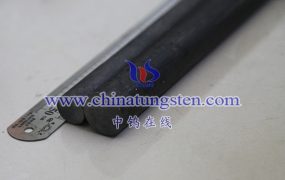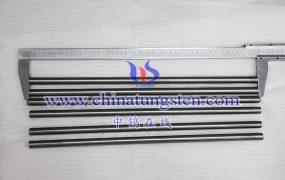The yield strength of TZM alloy rod is usually about 550-900 MPa (megapascals) at room temperature. Yield strength refers to the critical point at which the material begins to undergo plastic deformation during the stress process, and the unit is megapascal (MPa).
In contrast to tensile strength, yield strength indicates the ability of a material to initiate visible plastic deformation. In a tensile test, when the stress exceeds the yield strength, the material begins to deform plastically rather than recover elastically. Yield strength is one of the important indicators to evaluate the plasticity and deformation resistance of materials.
The specific yield strength depends on the chemical composition of TZM alloy, heat treatment conditions and preparation process and other factors. Under different temperature and strain rate, the yield strength of TZM alloy will also change. In addition, the grain size, defect state and stress state of the material will also affect the yield strength.
In engineering applications, it is necessary to comprehensively consider the tensile strength and yield strength of the TZM alloy to ensure that the material has sufficient strength and plasticity during the stress process to meet the design and use requirements.
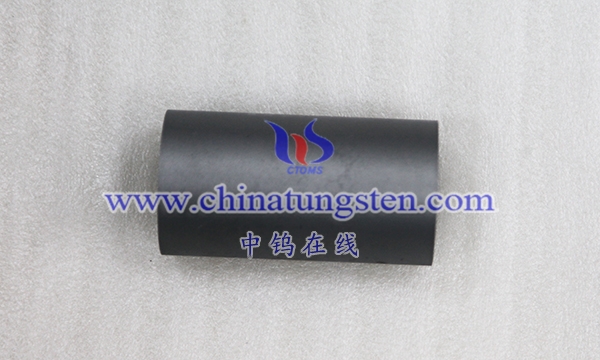
More details of molybdenum or molybdenum alloy products, please visit website: http://molybdenum-alloy.com/index.html
Please contact CHINATUNGSTEN for inquiry and order of molybdenum alloy products:
Email: sales@chinatungsten.com
Tel.: +86 592 5129595


